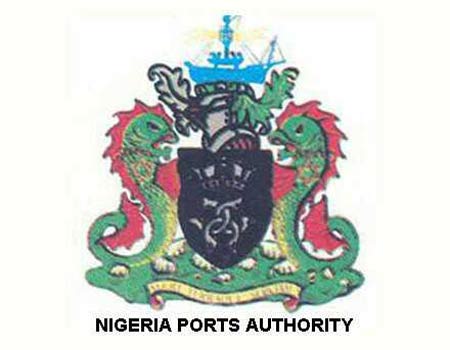Jide Okeowo
In a bid to check the menace associated with Ballast Water, the Nigerian Ports Authority (NPA) has revealed that it will in a forth night from now commence the inspection of vessels coming into the country’s territorial water to ensure their compliance with the ballast water convention.
This is even as the maritime agency revealed that a multi-million dollar first of its kind in West Africa ballast water treatment and testing lab would be commissioned in two weeks.
Mr. Sani Shehu, Senior Manager, Environment NPA disclosed this during a capacity building training on International Maritime Conventions for members of the Maritime Reporters Association of Nigeria, MARAN in Lagos.
Sani, during the training revealed that the dangers associated with ballast water are enormous, hence the need for compliance with the convention which was put in place to check it. He cited the issue of Water Hyacinth which he posited was not native to Nigeria but was as a result of ballast water which was brought into the country.
In his words, “Nigeria is the only country in the whole of West Africa that has a lab that can treat and test ballast water because it is very expensive. NPA has spent so much money on constructing this laboratory to test these waters. We will commission this treatment facility in two weeks” he revealed.
READ ALSO: http://I want to give love a chance again in 2020 – Juliet Ibrahim
Sani defined ballast water as water taken into the bottom of the vessel to provide weight and to increase additional stability. He said this water taken from one area to another could be a channel through which Harmful Aquatic Organisms and Pathogens (HAOP) are transferred from one place to another.
“For the safety of ships and oil tankers, ballast water is required to maintain stability throughout their voyages especially when empty or having an insufficient load, however, it comes at a risk as harmful HAOPS that are not natives of one area can be conveyed from one place to the other during this process,” he said.
Shehu pointed that before now, NPA was not enforcing compliance because the agency does not have the wherewithal to do the testing, but only put in preventive measures by directing vessels to discharge their ballast water some 200km away from the country’s territorial water and take in fresh ballast water which is similar to the terrain of the country.
He said that the Basel Convention was established in 1980 to control the trans-boundary movement of hazardous waste and their disposal.
Shehu said that as regards the Marpol 73/78 Convention, the oil pollution of the territorial waters which was recognised as a problem led to regulation and the introduction of the convention.
He said that for implementation and enforcement, signatory nation pledged to comply with the convention and laws as the effect was damaging to the marine life, wildlife, fishing, tourism and wetlands.
He said that zero tolerance of illegal discharges from ships could only be effectively enforced when there are adequate reception facilities in ports, adding that NPA had an environmental department in ports to checkmate this.
The Ballast Water Convention is an instrument of the International Maritime Organization (IMO) designed to check the intake of water by ships


